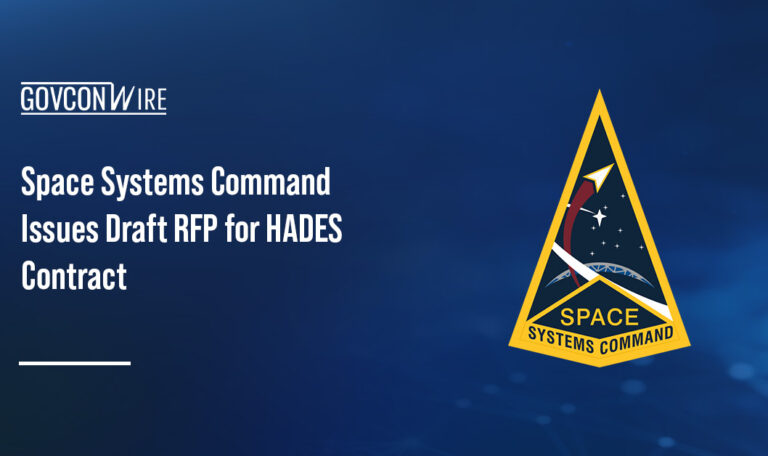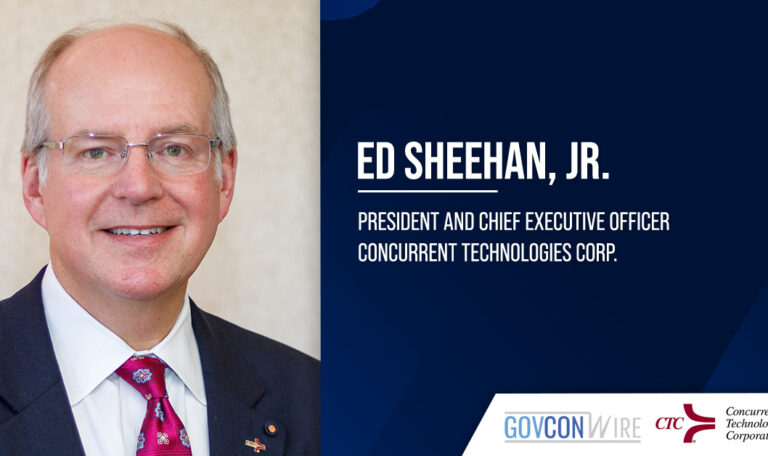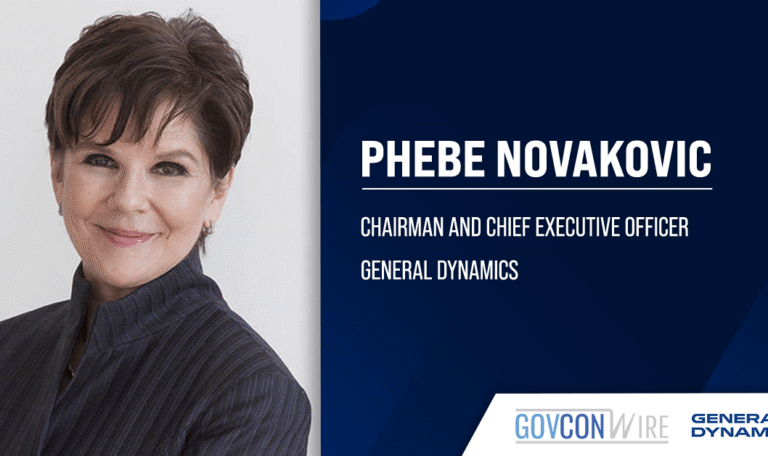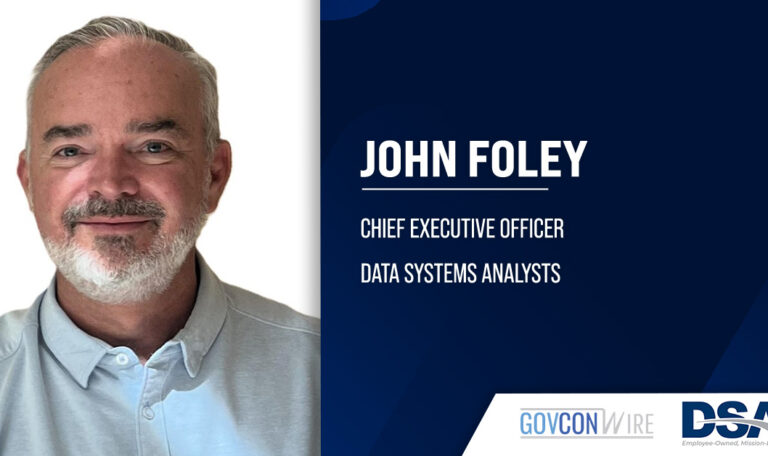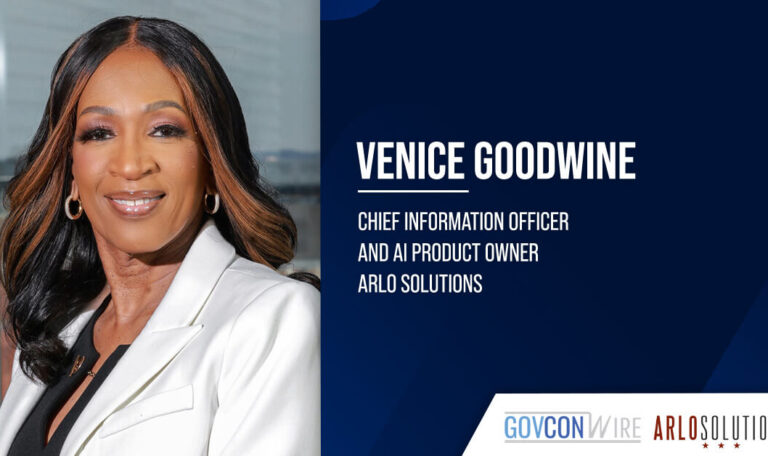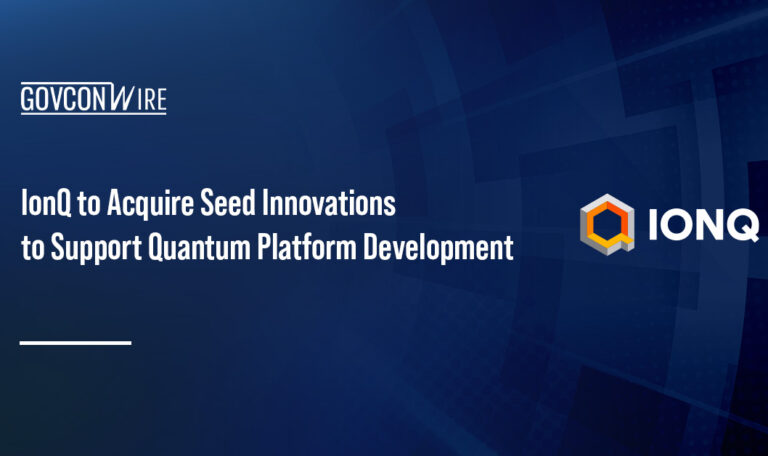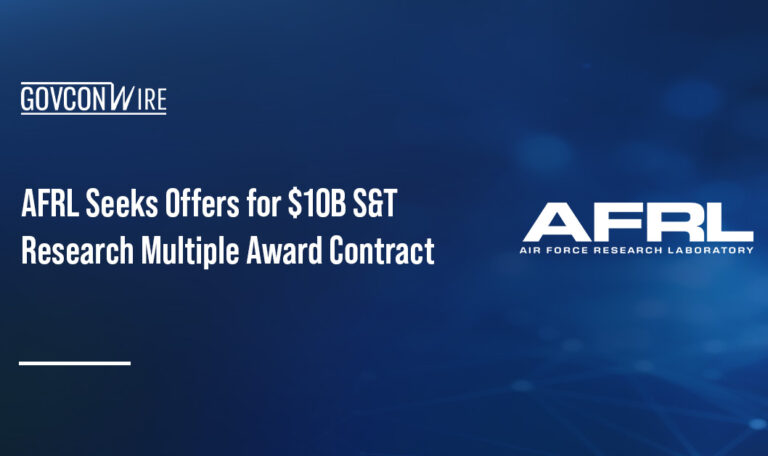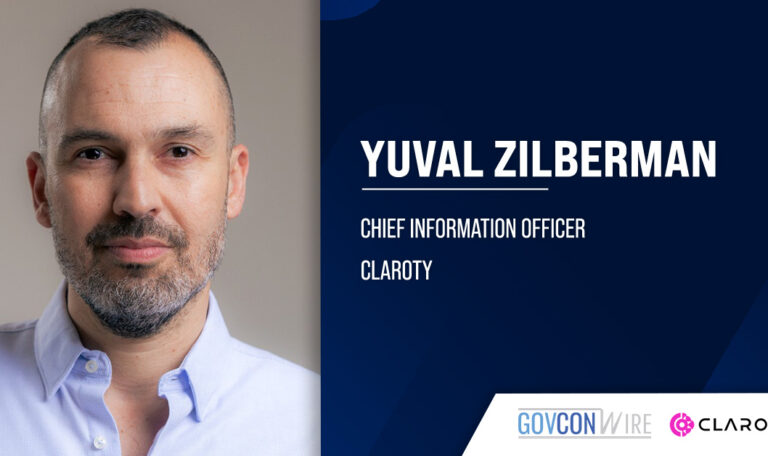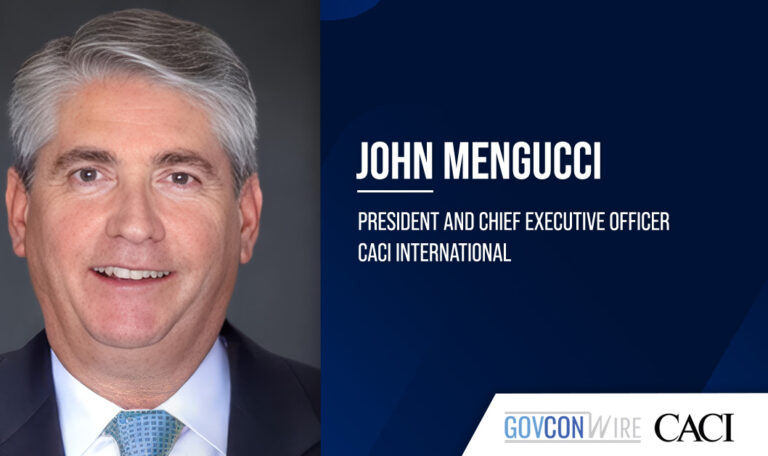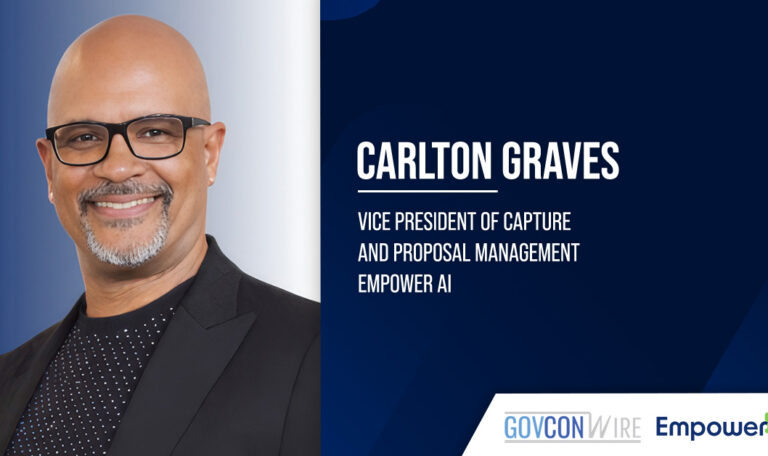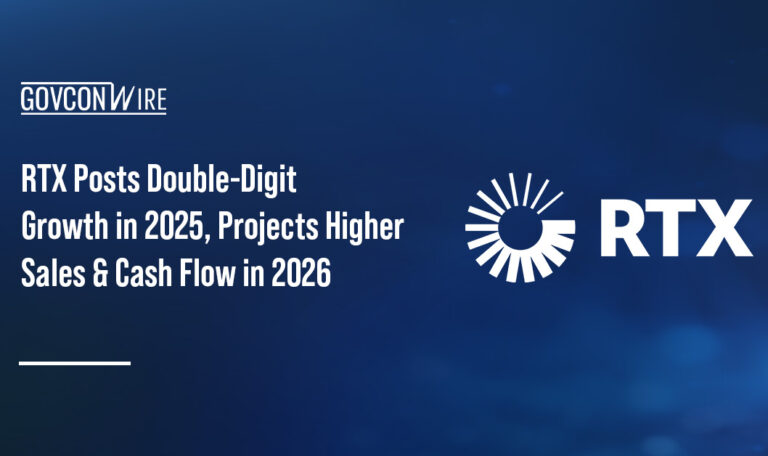
On Thursday, Oct. 17th, GovCon public and private sector representatives gathered for the Potomac Officers Club™s Security Vetting Process Modernization Forum, featuring a keynote address from Monte Hawkins, director, National Vetting Center of U.S. Customs and Border Protection.
Panelists included Hao-y Froemling, Department of Homeland Security; Kathy Lane, Office of the Director of National Intelligence; Edward Ramotowski, Department of State; and Lori Vislocky, DHS. Tom Afferton, vice president of civil solutions at Northrop Grumman, moderated the event.
Hawkins spent most of his remarks discussing the formation and building out of the NVC, stressing CBP™s strict timeline and desire to œgo live with the center by year™s end. As he outlined, the goal of the NVC is to become the one-stop shop for federal agencies to receive vetting support from the Intelligence Community (IC), with the biggest federal clients being the Department of State and DHS. To support these agencies, the NVC will employ two new processes, Hawkins explained. The first will be a centralized hub for the IC to provide results into; the second will consist of a case management workflow viewer enabling analysts to pore over those results and provide recommendations to their adjudicating partners.
Admitting the funding realities of such a program, Hawkins mentioned the need to develop long-term funding strategies with the IC, which panelist Kathy Lane spent time discussing as well. Currently, much of the IC support to vetting is paid for by the customer, but, Hawkins divulged, the National Security Presidential Memorandum made it clear that this paradigm will change, and the IC will make vetting a vital national security mission and support it appropriately. However, Hawkins acknowledged, this won™t happen overnight.
In addition, Hawkins stressed the need for greater information sharing among departments, saying IC agencies don™t have an easy way to know what information other parts of the IC have on an individual. To fix this, Hawkins says, the NVC is creating a mechanism to allow agencies to gain broader access and a more in-depth view of the IC results submitted into the NVC process. This means agencies can access information they didn™t know existed, hopefully enriching their own holdings and improving their own vetting.
After Hawkins™ keynote, the panel delved further into the challenges and opportunities facing the NVC, and how government is working to streamline the vetting process.





